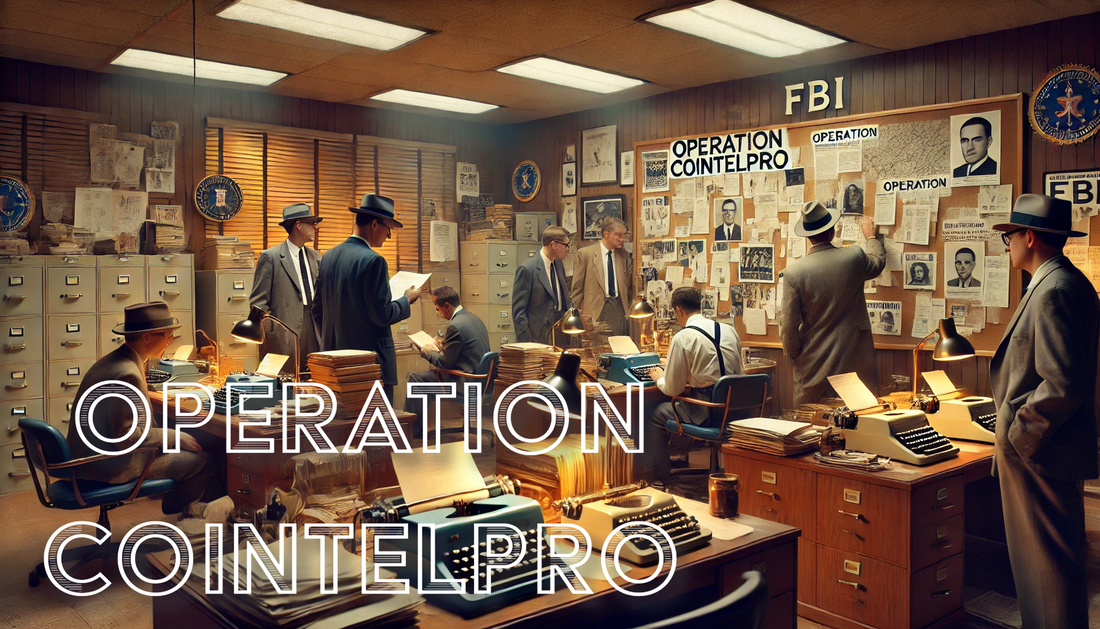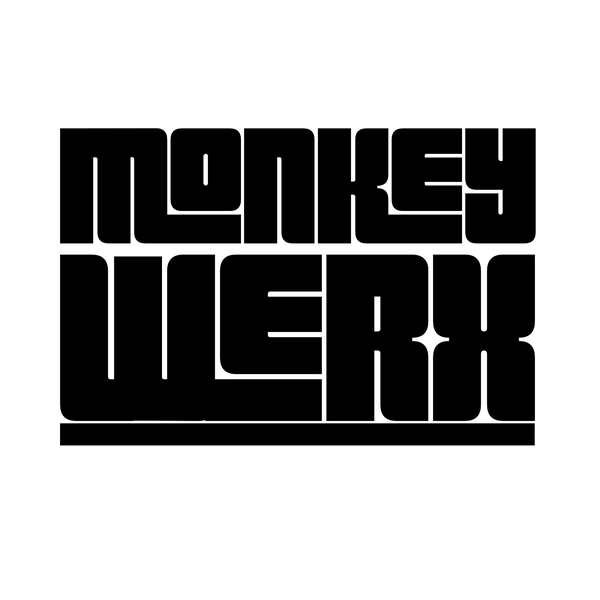The Dark History of COINTELPRO: A Detailed Examination
American history is punctuated by covert operations and clandestine endeavors that often unveil a darker side of governance. One such operation, which remains a stark reminder of the lengths to which agencies may go to control dissent, is COINTELPRO. An acronym for Counter Intelligence Program, COINTELPRO was a series of covert and often illegal projects conducted by the Federal Bureau of Investigation (FBI) aimed at surveilling, infiltrating, discrediting, and disrupting domestic political organizations.
Origins and Objectives
COINTELPRO was officially initiated in 1956 under the directive of FBI Director J. Edgar Hoover. Initially targeting the Communist Party USA (CPUSA), the program's scope quickly expanded to include a wide array of groups and individuals perceived as threats to national security and social order. The objectives of COINTELPRO were multifaceted:
- **Disrupting the activities of target organizations and their leaders.**
- **Creating internal conflicts and factionalism within these groups.**
- **Undermining public support for these organizations and discrediting them.**
- **Limiting the growth and influence of these organizations.**
Targeted Groups
COINTELPRO's targets spanned the political spectrum but predominantly focused on leftist and civil rights groups. Some of the most notable targets included:
- **Civil Rights Movement:** Leaders like Dr. Martin Luther King Jr. and organizations such as the Southern Christian Leadership Conference (SCLC) and the Student Nonviolent Coordinating Committee (SNCC) were heavily surveilled. The FBI attempted to tarnish Dr. King’s reputation through smear campaigns, wiretapping, and attempts to exploit his personal life.
- **Black Panther Party:** Seen as a major threat, the Black Panther Party was subjected to intense scrutiny and disruption. The FBI’s tactics included planting false media stories, forging documents, and using informants to sow distrust and provoke violence within the party.
- **New Left Movements:** Anti-Vietnam War activists and student organizations like Students for a Democratic Society (SDS) were also primary targets. The aim was to discredit these movements and curtail their anti-war activities.
- **Puerto Rican Independence Movement:** Groups advocating for Puerto Rican independence, such as the Puerto Rican Nationalist Party, were surveilled and disrupted.
Tactics and Methods
COINTELPRO employed a variety of underhanded tactics, often operating in a legal grey area or outright illegal manner:
- **Surveillance:** Extensive wiretaps, bugging, and mail tampering were conducted to gather intelligence on target groups and individuals.
- **Infiltration:** Undercover agents and informants were placed within organizations to gather information and create internal dissent.
- **Disinformation:** The FBI disseminated false information to media outlets, community leaders, and within the organizations themselves to discredit and create mistrust.
- **Harassment:** Legal harassment through arrests on spurious charges, tax audits, and other bureaucratic obstacles were used to intimidate activists.
- **Psychological Warfare:** Psychological manipulation techniques, including anonymous letters, threatening phone calls, and attempts to break up marriages or relationships, were deployed to undermine the morale and credibility of activists. Does this all sound familiar?
Notable Incidents
Several incidents illustrate the extent and impact of COINTELPRO operations:
- **The “Suicide” Letter to Dr. King:** In a notorious example, the FBI sent an anonymous letter to Dr. King, urging him to commit suicide to avoid personal scandals being exposed, a tactic intended to mentally destabilize him.
- **Fred Hampton’s Assassination:** Fred Hampton, a charismatic leader of the Black Panther Party, was killed during a police raid in Chicago in 1969. Evidence later suggested that the FBI had a hand in the raid, supplying local police with a floor plan of Hampton’s apartment and coordinating the operation.
Exposure and Aftermath
COINTELPRO remained largely secret until 1971, when a group of activists calling themselves the Citizens’ Commission to Investigate the FBI broke into an FBI office in Media, Pennsylvania, and exposed the program by stealing and distributing confidential files. This led to public outcry and eventually to congressional investigations, notably the Church Committee hearings in 1975.
The Church Committee concluded that COINTELPRO involved “a sophisticated vigilante operation aimed squarely at preventing the exercise of First Amendment rights of speech and association.” The hearings resulted in increased oversight of the FBI and the imposition of more stringent guidelines governing the conduct of intelligence operations within the United States.
Legacy
The legacy of COINTELPRO is a complex and often troubling one. While it succeeded in some of its aims—disrupting and discrediting various movements—the ethical and legal breaches involved left a lasting stain on the FBI’s reputation. The program is a stark reminder of the potential for abuse within powerful institutions and underscores the need for transparency, accountability, and vigilance in the protection of civil liberties. In fact, what this tells us is that the FBI's methods and policies haven't changed. We recently read about the set up of white extremists in an Orlando gay bar shooting as well as Russia Gate and the events of J6. All similar methods of embedding their personnel with a pre-determined outcome.
Conclusion
COINTELPRO represents yet another chilling chapter in American history where the ends were used to justify deeply unethical means. The lessons learned from COINTELPRO are as relevant today as ever, reminding us of the importance of oversight, accountability, and the rule of law in maintaining a just society.

